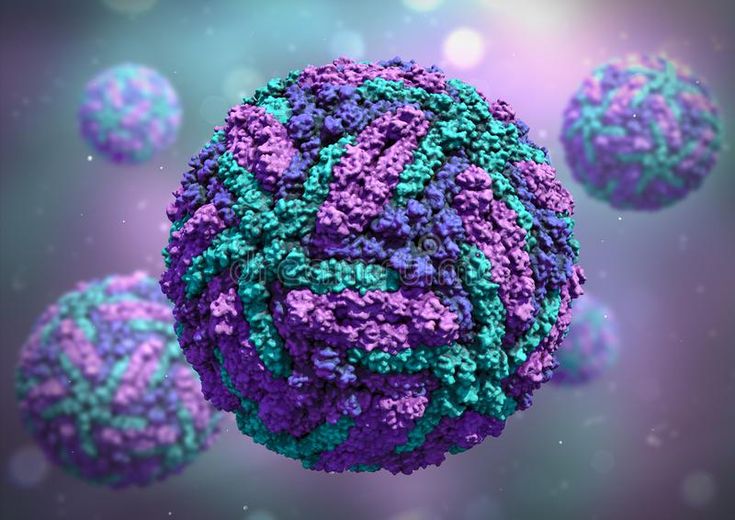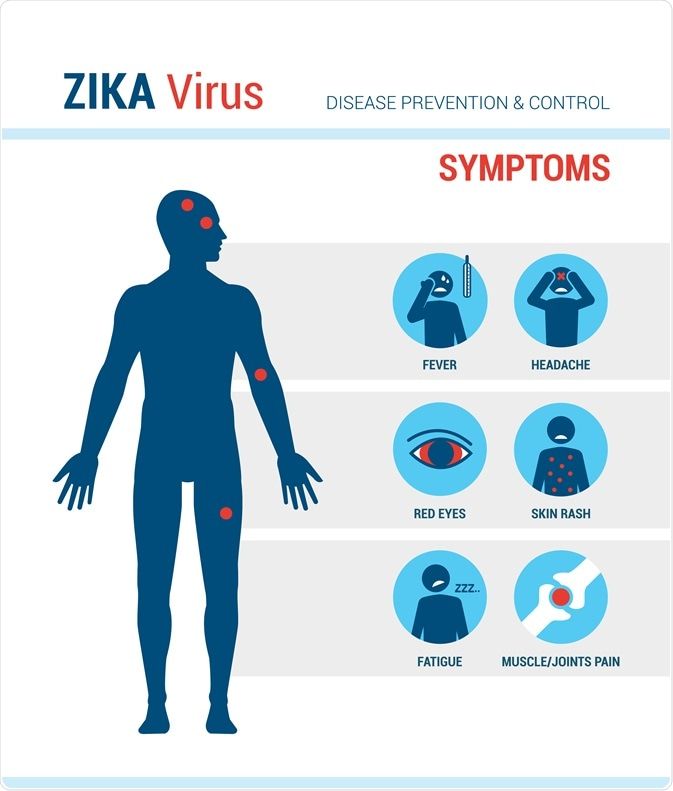
Zika virus disease is a viral infection caused by the Zika virus. The main transmission route involves mosquitoes, but it can be transmitted from mother to baby at delivery or even with blood transfusions. Most people infected with this virus do not show symptoms or have very minor symptoms.
For pregnant women, however, this risk is really dangerous since these risks are held to cause acute abnormal birth defects to their babies. Even if this virus may not be near as deadly as some other viruses, it yet has to be known how to keep safe about one.
We shall learn what Zika virus disease is, how it spreads, symptoms, and best ways to prevent and treat the disease in this article.
What is Zika Virus?
Zika virus is a type of virus from the flavivirus family. Scientists discovered this virus in 1947 in Uganda, Africa, after detecting it in a monkey in the Zika forest, which gave the virus its name. The Aedes aegypti mosquito mainly spreads it. Other diseases that the same mosquito is responsible for include dengue and chikungunya. The virus may also spread in other ways that we will look at later.
How Does Zika Virus Spread?
The most common way people get Zika virus is through mosquito bites. But the virus can also spread in other ways, such as:
- From mother to baby – If a pregnant woman is infected with this virus, she can pass it to her baby. This can cause serious birth defects.
- Through sex – A person who has this disease can pass it to their partner during sexual contact.
- Blood transfusion – There have been some cases where Zika virus spread through blood donations.
- Laboratory exposure – In rare cases, people working with the virus in labs have been infected.
Where is Zika Virus Found?
This virus has been found in many parts of the world, especially in tropical and subtropical areas. Some of the affected regions include:
- South America
- Central America
- The Caribbean
- Africa
- Southeast Asia
- The Pacific Islands
Outbreaks of this virus have also happened in the United States, especially in states like Florida and Texas.
Symptoms of Zika Virus Disease
Most people who get this virus do not feel sick. However, when symptoms do appear, they are usually mild and last for a few days to a week. The most common symptoms include:
- Fever
- Rash
- Red eyes (conjunctivitis)
- Joint pain
- Muscle pain
- Headache
Because the symptoms are mild, many people do not realize they have Zika virus. However, it can be dangerous for pregnant women and their unborn babies.
Zika Virus and Pregnancy
The highest risk with Zika virus lies in its effects on unborn babies. If it infected the pregnant woman, then that baby would have been born into a severe birth condition called microcephaly. Babies who develop this condition come with smaller heads and brains. This might lead to the following:
- Delayed development
- Trouble with movement and balance
- Vision and hearing problems
Doctors also believe that Zika virus can cause other problems during pregnancy, such as miscarriage or stillbirth.
Diagnosis of Zika Virus Disease

If a doctor thinks someone has this virus, they may do special tests to confirm the infection. These tests include:
- Blood test – A sample of blood is taken to check for the virus.
- Urine test – The virus can also be found in urine.
It is important for pregnant women who have traveled to areas with this virus to get tested, even if they do not feel sick.
Treatment for Zika Virus Disease
There is no specific medicine to cure this rare virus. Since the symptoms are mild, most people recover on their own. Doctors recommend the following treatments:
- Get plenty of rest.
- Drink lots of fluids to stay hydrated.
- Take pain relievers like acetaminophen (Tylenol) to reduce fever and pain.
- Avoid aspirin and nonsteroidal anti-inflammatory drugs (NSAIDs) until dengue fever is ruled out.
If symptoms get worse, it is important to see a doctor.
How to Prevent Zika Virus?
The best way to avoid Zika virus is to protect yourself from mosquito bites. Here are some tips:
- Use mosquito repellent – Apply insect repellent with DEET, picaridin, or oil of lemon eucalyptus.
- Wear protective clothing – Wear long sleeves and pants to cover your skin.
- Stay indoors – Stay inside places with air conditioning or window and door screens to keep mosquitoes out.
- Remove standing water – Mosquitoes lay eggs in water. Get rid of standing water in buckets, flower pots, and containers.
- Use mosquito nets – If sleeping outdoors or in areas with mosquitoes, use a bed net.
To prevent sexual transmission, people should use condoms or avoid sex if they have traveled to areas with this virus.
Zika Virus and Travel
If you are traveling to an area where Zika virus is common, take extra precautions:
- Check travel warnings from health organizations before your trip.
- Follow mosquito bite prevention tips.
- Pregnant women should avoid traveling to places with this virus outbreaks.
- If you return from a Zika-affected area, avoid mosquito bites for at least three weeks to prevent spreading the virus.
Is There a Vaccine for Zika Virus?
Currently, there is no vaccine to prevent Zika virus. Scientists are working on developing a vaccine, but it may take years before it is available to the public. Until then, prevention is the best way to stay safe.
Zika Virus vs. Other Diseases
Zika virus is often compared to other diseases spread by mosquitoes, such as dengue and chikungunya. While they have similar symptoms, there are some differences:
- Dengue fever causes high fever, severe joint pain, and bleeding in some cases.
- Chikungunya virus causes extreme joint pain that can last for months.
- This virus is usually mild but can cause serious birth defects.
Because these diseases are similar, doctors often need lab tests to tell them apart.
Conclusion
For most people, Zika virus is usually a mild disease; however, for pregnant women and their unborn babies, it could be very dangerous. It might cause severe problems to the baby in case of an infection from the mother when pregnant. However, the best measure for avoiding a this virus outbreak is not entering mosquitoes.
Avoiding it can be done by applying repellent, wearing long sleeves, pants, or other long clothing while traveling to locations where mosquitoes are more common, and staying indoors more when the frequency is widespread. There is currently no vaccine to prevent the spread of the Zika virus, nor is there a medication to treat it.
Researchers are putting a lot of effort into finding a treatment and prevention strategy for this illness. We may take easy steps to slow the spread of Zika in the interim, such as being cautious about where we go and taking measures against mosquito bites.
FAQs:
1. What is the Zika virus?
This virus is primarily transmitted by Aedes mosquitoes and can cause mild symptoms like fever, rash, and joint pain. However, infection during pregnancy can lead to severe birth defects.
2. How is this virus transmitted?
It’s mainly spread through bites from infected Aedes mosquitoes, but can also be transmitted from mother to fetus during pregnancy and through sexual contact.
3. What are the symptoms of this virus infection?
Many people experience mild symptoms such as fever, rash, conjunctivitis, muscle and joint pain, which usually last for 2–7 days.
4. What complications are associated with this virus?
Infection during pregnancy can cause microcephaly and other congenital malformations in infants. It is also associated with neurological complications like Guillain-Barré syndrome.
5. Is there a vaccine or specific treatment for rare virus?
Currently, there is no vaccine or specific antiviral treatment available for this virus infection. Management focuses on relieving symptoms.
6. How can this virus infection be prevented?
Preventive measures include protecting against mosquito bites by using repellents, wearing long-sleeved clothing, and eliminating standing water where mosquitoes breed.
7. What is the current status of this new virus in India?
Between January and December 2024, India reported 151 Zika virus cases, with Maharashtra accounting for 140 of them.
8. Are there any travel advisories related to this virus?
Travelers to areas with active Zika transmission should take precautions against mosquito bites and consider postponing travel if pregnant.
9. Can Zika virus be transmitted through blood transfusion?
Yes, this virus can be transmitted through blood transfusion, though such cases are rare.
10. What should pregnant women do to protect themselves from this virus?
Pregnant women should avoid travel to areas with Zika outbreaks and take strict measures to prevent mosquito bites.

